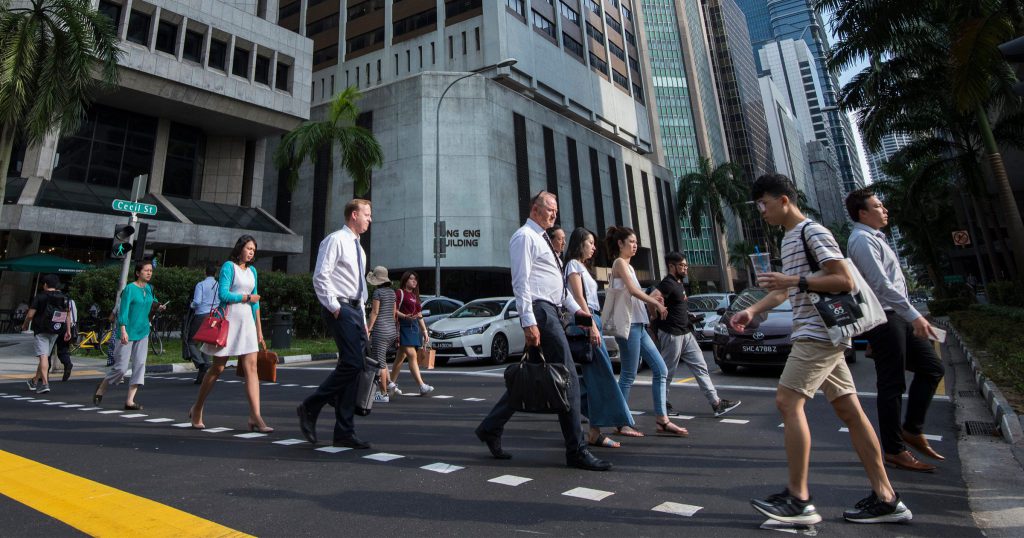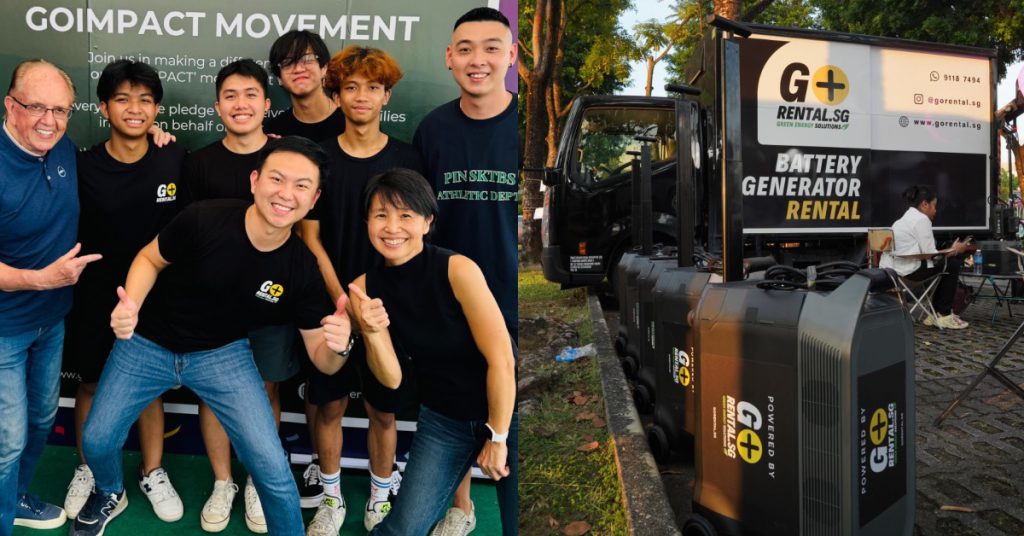One of the sectors expected to be hit the hardest amidst the Coronavirus outbreak is definitely the retail sector.
As the main mode of virus transmission is via human-to-human contact, concerned Singaporeans are understandably trying to avoid heading out to crowded places.
These concerns, coupled with fewer inbound tourists, have caused shopping malls to see a huge dip in footfall over the past few weeks.
The Singapore tourism sector is also expected to take a hit, with visitor arrivals estimated to fall by 25 per cent to 30 per cent this year.
OG departmental store, for one, have recently announced that it will close an hour earlier at 7.30pm instead of the usual 8.30pm. In addition, it has also started taking temperatures of all employees and customers.
Besides OG, homegrown retailer habitat by honestbee has also announced that it is closed until further notice due to a “significant reduction in walk-in traffic” thanks to the outbreak.

Besides these retail joints, F&B outlets have also seen a drop in footfall, with reports coming in to indicate that the normal snaking queues at Jewel’s A&W and Shake Shack is now nowhere to be seen.
What Else Are Retailers Doing To Remain Relevant?
While companies try to come out with ways to mitigate the impact of the virus, a small group of companies are increasingly turning to digital opportunities to ensure that business goes on as usual.
For MC2, a company that deals with curtains and blinds, they are used to organising “group buying” sessions, with over hundreds of homeowners attending each session.
Following the virus outbreak, MC2 has opted for Facebook Live instead to avoid hosting large crowds at their showroom. This definitely fits the saying “if the customers can’t come to you, go to the customer”.
The same goes for water purifier brand Ruhens who has activated their mobile showroom, where they will bring their products to interested customers on an appointment basis.
With this, prospective customers do not have to travel to their showroom, and they can avoid large crowd gatherings at the same place.

On the other hand, luxury consignment store LuxLexicon which has a physical storefront at The Centrepoint Orchard, expects a 20% slowdown in their business due to the fall in foot traffic.
LuxLexicon founder Florence Low told Vulcan Post that in order to mitigate the slowdown, they are now providing free home delivery services for all local buyers and free home pick-up services for their consignors who sell through them.
On top of that, LuxLexicon has also recently turned to Facebook live-streaming. Items are sold through “live bidding” so that customers can continue to shop at the comfort of their home.
In this uncertain business outlook, staying in touch with one’s customers remains even more important.
For F&B businesses, sales too are expected to be slow. Owner of Basil & Mint hawker stall at Amoy Road Food Centre, Lum Von-Nie, told Channel News Asia that her weekly sales has plummeted by 20%.
Fortunately, she has been offering food delivery services through food delivery companies. As a result of that, it has helped cut her losses by 10% instead of 20%.
It is only through tough times that we see certain businesses standing out — and it seems like retailers are increasingly leveraging on digital efforts to do just that.
While non-FMCG (fast-moving consumer group) retailers are embracing for a fall in footfall and a slowdown in business, supermarkets and pharmacies are seeing a rise in customer visits.
Late last week, there was a shopping frenzy among Singaporeans — masks were always sold out, and people were ‘panic buying’ to stock up on daily essentials such as rice, toilet roll, instant noodles and more.
Featured Image Credit: Marketing China










